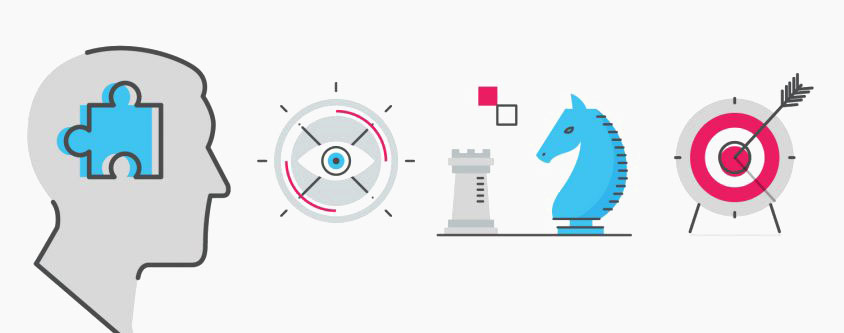What is a Payroll System and Why Your Business Needs One
, 2022-08-23 11:37:21

Introduction
A payroll system is a vital part of any business, large or small. It ensures that employees are paid accurately and on time and that all mandatory deductions are taken care of. A good payroll system can save a lot of time and hassle for both employers and employees.
What is a Payroll System?
A payroll system is a piece of software that helps businesses manage their employee compensation. This can include tracking hours worked, calculating taxes and other deductions, and issuing payments. Many payroll systems also offer features like time off tracking and direct deposit.
Payroll systems are an essential tool for businesses of all sizes. They help manage employee compensation accurately and efficiently, saving the business time and money. Payroll systems can also help businesses stay compliant with tax laws and other regulations.
How Does a Payroll System Work?
A payroll system is software that helps businesses manage employee compensation. It can automate many of the tasks associated with payroll, including calculating wages, withholding taxes, and issuing paychecks. A payroll system can also generate reports and help businesses stay compliant with labor laws.
The Difference Between an Onsite and Offshore System
If you're running a business, you need a payroll system. Period. There are many different types of payroll systems available, and each has its own set of advantages and disadvantages. One important distinction to make is between onsite and offshore payroll systems.
Onsite payroll systems are, as the name implies, located within the same country as your business. This means that all of your employees' information is stored locally, and all tax compliance is handled in-house. The main advantage of an onsite system is that it offers more control over your employees' data. If you're concerned about data security, an onsite system might be the better option.
Offshore payroll systems, on the other hand, are located in a different country from your business. This can offer a number of advantages, such as lower costs and increased flexibility. However, it's important to note that offshore systems may be subject to different laws and regulations than onsite systems. This means that you'll need to do your research to make sure that an offshore system is compliant with all applicable laws.
Types of Payrolls
There are three types of payrolls: manual, semiautomatic, and automatic.
Manual payroll is the most common type of payroll. It requires the business owner or someone designated by the owner to calculate employee wages. This person then writes out checks or distributes cash to employees.
Semiautomatic payroll is a system that automates some aspects of payroll calculation but not all of them. For example, a semiautomatic system may calculate employee hours worked and then send that information to the business owner who must then input it into a manual payroll system.
Automatic payroll systems are the most advanced and they automate all aspects of payroll calculation. This means that once an employee’s hours are inputted into the system, the system will calculate their wages and automatically send the funds to their bank account or distribute paychecks on payday.
No matter what type of payroll system your business uses, it’s important to have one in place. A payroll system can save you a lot of time and money while ensuring that your employees are paid correctly and on time.
The Benefits of a Payroll System for Your Business
If you own a business, large or small, you need a payroll system. A payroll system can save you time and money while ensuring your employees are paid correctly and on time. Here are some of the benefits of using a payroll system for your business:
1. Saves Time
A payroll system can save you a significant amount of time each pay period. Instead of manually calculating hours worked, withholding taxes, and other deductions, a payroll system can do all of the work for you. This frees up your time so that you can focus on other aspects of running your business.
2. Reduces Errors
Human error is inevitable, but with a payroll system, mistakes can be minimized. For example, if you calculate hours worked manually, it's easy to make a mistake that could result in an employee being overpaid or underpaid. With a payroll system, the risk of error is greatly reduced.
3. Automates Payments
Another benefit of using a payroll system is that it automates payments. This means that you don't have to write out checks or make direct deposits yourself - the payroll system will do it for you. This not only saves you time, but it also reduces
Should You Implement A Payroll System For Your Business?
A payroll system is a vital part of any business, large or small. It ensures that employees are paid accurately and on time, and can help to manage tax and other deductions. There are many different payroll systems available, so it’s important to choose one that will suit your business needs.
If you’re thinking of implementing a payroll system for your business, there are a few things to consider. Firstly, you need to decide whether you want to outsource your payroll or manage it in-house. There are pros and cons to both options, so it’s important to weigh up what’s best for your business.
Outsourcing payroll can be a good option if you don’t have the time or resources to manage it in-house. It can also be more cost-effective, as you won’t need to invest in payroll software or employ extra staff. However, it’s important to choose a reputable and reliable provider who can offer a good level of customer service.
Managing payroll in-house can give you more control over the process and allow you to tailor the system to your specific needs. However, it can be more time-

























-2021-07-27-18-01-18.jpg)
-2021-05-18-10-54-11.png)
-2021-05-18-10-51-35.png)
-2021-05-18-10-49-13.png)
-2021-05-18-10-43-11.png)


